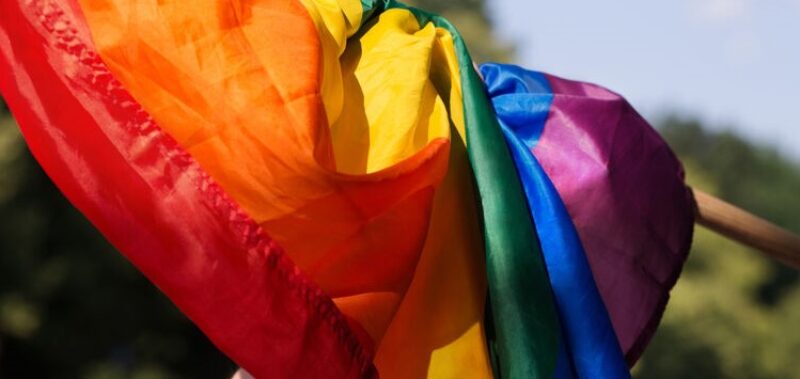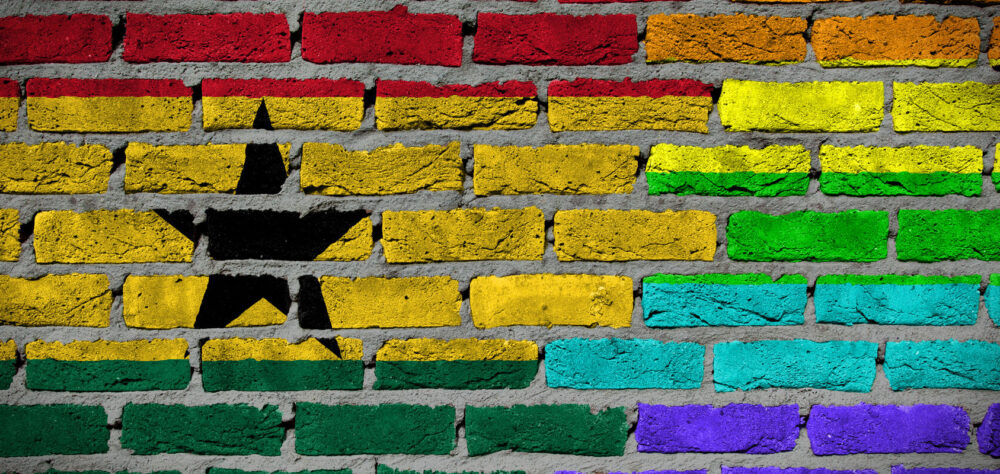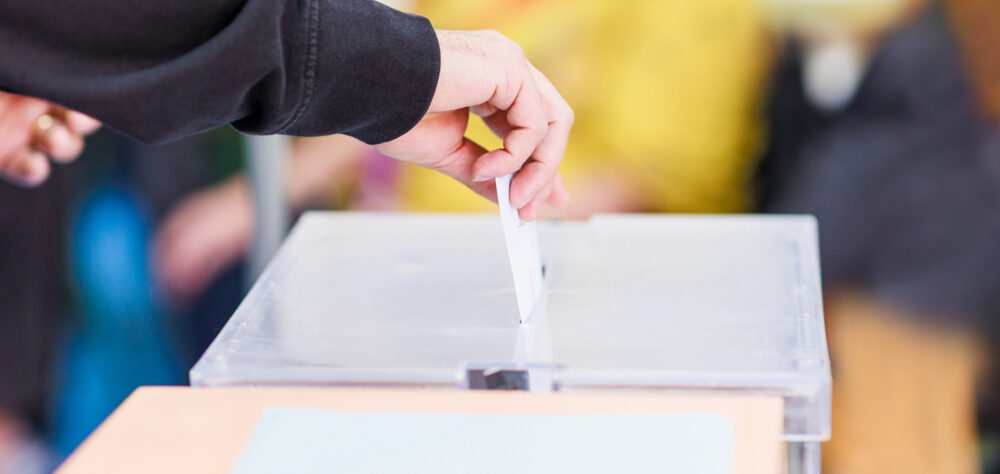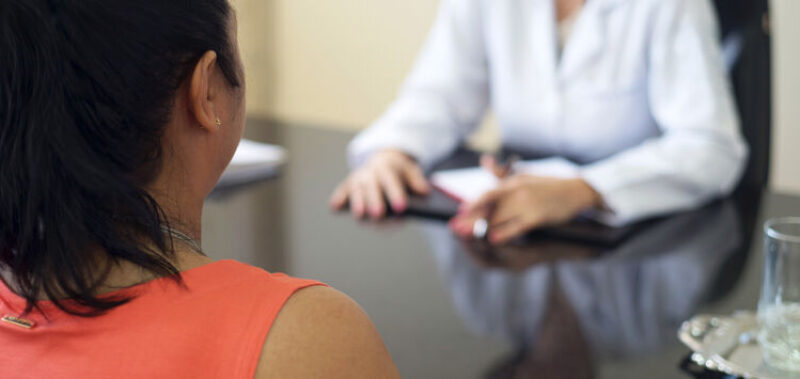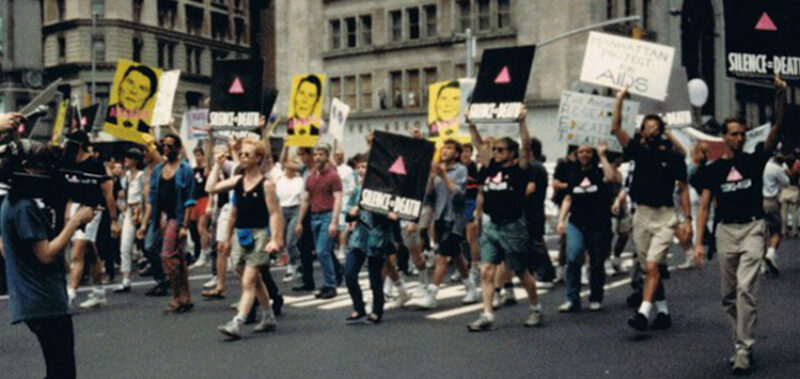The State of LGBTIQ+ Rights in Ghana: A Comprehensive Analysis
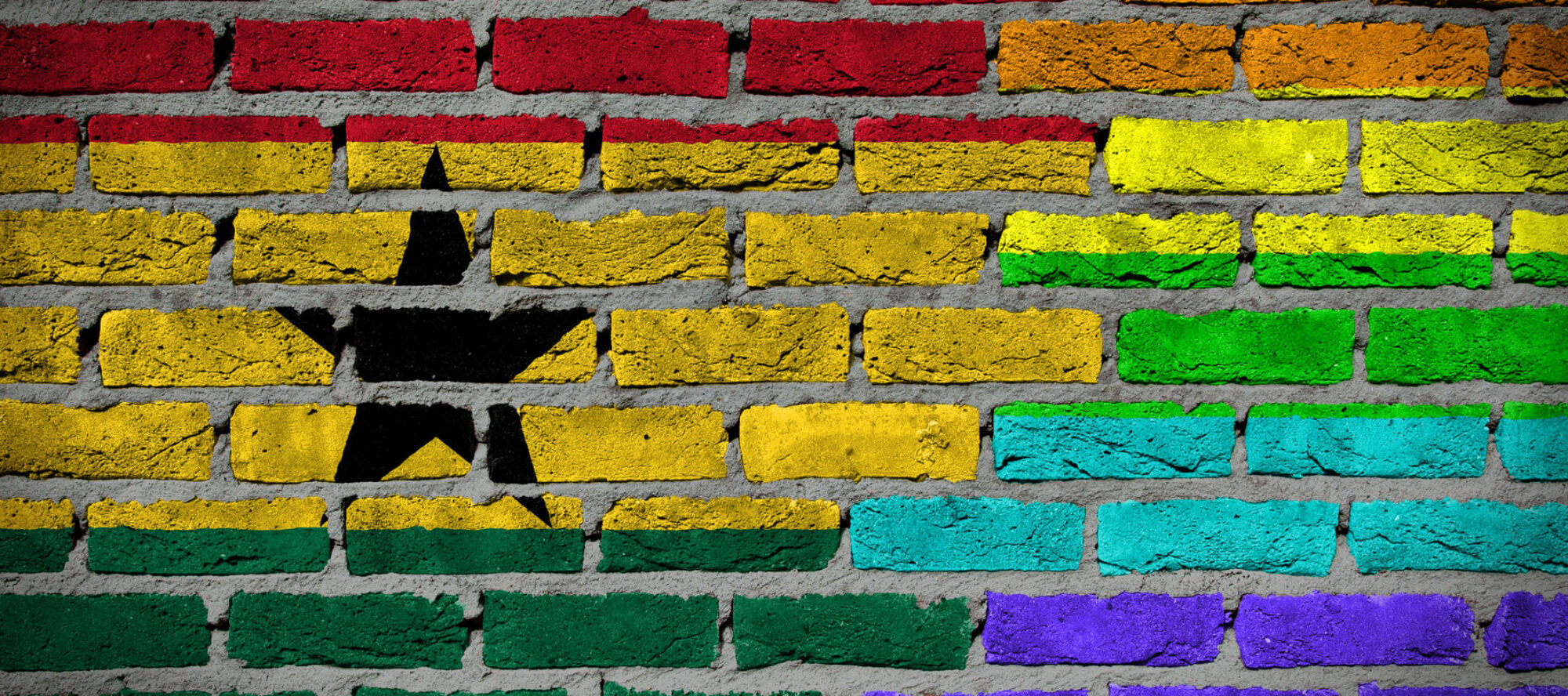
The current situation for LGBTIQ+ individuals in Ghana is complex and challenging, marked by legal discrimination, societal stigma, and persistent threats to their safety and well-being. As the global conversation around LGBTQ+ rights progresses, queer Ghanaians are now threatened with a law that would further criminalize homosexuality. Abdul-Wadud Mohammed analyses the context and shows how crucial activism and solidarity are.
In the midst of what could be defined as political chaos regarding the rights of LGBTQIA+ people in Ghana, the fate of the LGBTQIA+ community currently lies with the Supreme Court and the President, Nana Addo Dankwah Akufo-Addo. One pressing question on many minds is whether the President will sign the anti-LGBTIQ+ law and bring it into effect. With the President reluctant to sign the Human Sexual Rights and Family Values Bill and two filed cases against the bill at the Supreme Court, the country is keen to see if the Bill becomes an Act. The prospects are uncertain, as the political landscape navigates between conservative values and calls for human rights and equality.
The Human Sexual Rights and Family Values Bill
UN Human Rights experts have described the draft legislation as “a recipe for violence”.
The bill which was introduced in 2021 was passed unanimously by the parliament on 28th February, 2024 and it seeks to criminalize the promotion, advocacy, funding, and acts of homosexuality, imposing stiff prison terms for LGBTQIA+ advocates and individuals identifying as such. The bill also aims to withdraw health services, including HIV medication, from the LGBTQ+ community. UN Human Rights experts have described the draft legislation as “a recipe for violence”. In addition, clauses 12-16 of the proposed bill seeks to penalize advocates and allies to the LGBTQIA+ community as they exercise their rights and freedom of choice and their freedom to associate. Clauses 12-16 of the bill also seek to penalize the promotion of educational, health and legal services that are meant to address the negative health and social outcomes linked to the stigma, discrimination, and violence toward LGBTIQ+ persons.
While homosexuality is already a punishable offense in Ghana due to the existence of Section 104(1)(b) of the Criminal Offences Act, 1960 (Act 29), which states that „unnatural carnal knowledge“ is a criminal offense, LGBTQ+ individuals face the risk of arrest and prosecution under this law. The prevalence of convictions is a matter of debate. Moreover, there have been major concerns about the misuse of these laws for blackmail or to intimidate activists, further exacerbating the vulnerability of the LGBTQ+ community. This is evidenced by the arrest of 22 activists and the closure of the first LGBTQIA+ community center in 2021.
The role of religion in the current discourse
Religion plays a significant role in fueling anti-queer hostility in Ghana, with conservative interpretations often weaponized against LGBTQ+ individuals. Strong religious conservatism has led to the categorization of homosexuality as a sin in many religious teachings. Such beliefs contribute to the discrimination and marginalization of LGBTQ+ people, leaving them isolated from their religious communities and often estranged from their faith. The ongoing conflict between religious organizations and advocates for LGBTQ+ rights in Ghana has persisted. Religious and political figures often use arguments claiming that homosexual activities are inconsistent with biblical or quranic beliefs and even with African cultural values. Currently with the backing and influence of far right evangelical groups from the west, religious institutions, organizations and leaders have taken a stronger stance against the LGBTQIA+ community by massively supporting the bill and organizing numerous rallies with their congregations and prayer breakfast meetings with political leaders and actors. Religious institutions should embrace inclusivity and promote the fundamental values of compassion, respect, and understanding. Promoting dialogue and education within these institutions to foster an environment where LGBTQ+ people can be accepted, rather than marginalized, is a moral imperative. This would not require religious institutions to change their doctrine but rather to adapt their practices to respect the dignity and rights of LGBTQ+ individuals. This intersection of religion and discrimination underscores the complexity of the struggle for equality.
Historical Background behind the criminalization and discrimination of LGBTIQ+ persons in Ghana
The strong rejection of queer people in Ghana is a result of various factors, including cultural norms, colonial legacies, and political agendas. Historically, British colonial rule in Ghana, which lasted until 1957, introduced conservative attitudes towards sexuality, including laws that criminalized homosexuality. Ghana, similar to many countries that were once under British colonial rule, supports the continuation of laws that criminalize homosexuality. The implementation of these laws during the colonial period has molded the hostile societal attitudes towards sexual minorities, branding them as criminals for many generations. These colonial-era laws have had a lasting impact on societal attitudes.
The fear of violence and harassment often leads to a sense of desperation, driving LGBTQ+ Ghanaians away from their homes and communities resulting in homelessness.
In this environment, the simple act of coming out can lead to devastating consequences. Family rejection, in particular, is a stark reality for many LGBTQ+ people in Ghana. Concerning the family setting, some of these individuals encounter various types of psychological, physical, and sexual abuse from different family members. This results in an unhealthy environment that hinders their growth and overall welfare. In many instances, LGBTQIA+ persons are exposed through acts of blackmail and in many cases upon disclosing their sexual orientation or gender identity, they are met with hostility, disapproval, or even violence from family members and the community. The discrimination faced by LGBTQ+ people often extends to violence and bullying. These individuals are at heightened risk of physical and verbal abuse. Schools, which should be safe spaces for personal development, can become hostile environments where bullying is rampant. The fear of violence and harassment often leads to a sense of desperation, driving LGBTQ+ Ghanaians away from their homes and communities resulting in homelessness. The societal attitude that LGBTQ+ identities are incompatible with familial and cultural values perpetuates this tragic cycle. Identifying those responsible for perpetuating discrimination is crucial for addressing root causes. Because of the unfriendly atmosphere surrounding LGBTQIA+, available avenues for victims to pursue justice or educate themselves about their rights are underutilized. Further, there have been several reports indicating the involvement of the police in perpetuating such violence.
Impact on health and service delivery
Discrimination and criminalization have had severe health effects on LGBTQ+ individuals, ranging from mental health challenges to barriers in accessing healthcare services. Discrimination and rejection has had a tremendous impact on the sense of self-worth and identity of many LGBTQIA+ individuals in Ghana. Many internalize negative attitudes and beliefs about their sexuality or gender identity, further affecting their mental health. Experiences associated with stigma and discrimination can significantly impact an individual’s feelings of safety and overall well-being, potentially giving rise to minority stress.
[The law] will set back years of work done in the area of HIV and AIDS and other sexual and reproductive health interventions in Ghana.
Another related concern that has garnered media and mental health organizations‘ focus is „reparative“ or „conversion therapy“. Unfortunately, nothing is done to prohibit the promotion and practice of „conversion therapy“ towards LGBTQ+ people, even though critics have described the approaches used as cruel, damaging and counter therapeutic often leading to depression, anxiety, drug use, suicidality and homelessness. At present, the Ghana Health Service and the Ghana AIDS Commission work with various NGOs to bridge the gap in service provision for all persons regardless of their sexual orientation or gender identity. Clause 20 of the bill will undermine these efforts leading to negative epidemiological outcomes for the LGBTQI+ community and the Ghanaian society. The bill, if passed into law, will also require medical practitioners to report LGBTQIA+ persons seeking medical treatment, violating their human rights and forcing the already marginalized community to find other ways of treatment that can be harmful to their health. It will set back years of work done in the area of HIV and AIDS and other sexual and reproductive health interventions in Ghana. These systemic issues must be tackled to ensure the holistic well-being of queer communities. Prevention agencies, including NGOs and government bodies, face an uphill battle in addressing queer hostility while ensuring effective HIV prevention. The violation of human rights among key groups undermines efforts to promote public health and well-being.
Solidarity is crucial
Solidarity among different LGBTQ+ communities is crucial for survival, yet challenges persist. Transgender individuals, for instance, struggle to find support from other segments, such as gay men, highlighting the need for more inclusive advocacy efforts. In the face of adversity, queer people rely on mutual support and solidarity to navigate challenges and advocate for their rights. Grassroots initiatives and community organizations play a vital role in fostering resilience and empowerment.
Grassroots initiatives and community organizations play a vital role in fostering resilience and empowerment.
Community responses to the current situation in Ghana varies, with some grassroots organizations and advocacy groups taking initiatives to provide support and raise awareness. Some LGBTQ+ support groups and organizations such as LGBT+ Rights Ghana, Key watch Ghana, Solace Initiative among others aimed at providing safe spaces for the LGBTQ+ community, offering support, counseling, and resources. These groups often act as a source of community and connection. Activist groups and organizations like LGBT+ Rights Ghana and Rightify Ghana conduct awareness campaigns and sensitization workshops within the community as well as publicly. They also continue to engage with religious and political actors. These initiatives sought to reduce stigma, discrimination, and violence against LGBTQ+ people and improve understanding and acceptance. Certain LGBTQ+ organizations have established crisis hotlines or helplines to provide immediate support and guidance to LGBTQ+ individuals facing homelessness or other challenges. There are also reports of individuals providing temporary shelter or safe housing options to LGBTQ+ people in need. Center for Democratic Development (CDD Ghana) and The Symbiosis Initiative Ghana work to address legal issues faced by LGBTQ+ people, including discrimination, harassment, and violations of their rights. They provide legal aid or representation.
Artists for LGBTIQ+ Rights in Ghana
Informal peer support networks emerged both online and offline, where LGBTQ+ youth especially support each other, share resources, and provide guidance on coping with the current challenges. Some local LGBTQ+ organizations continue to collaborate with international human rights and LGBTQ+ advocacy organizations to access resources, funding, and expertise. Angel Maxine (the first Transgender woman musician from Ghana), as well as Pro-LGBTQIA+ artists Wanlov and Sister Derby continue to use art and cultural events as a means of expression, advocacy, and community-building. These events often sought to challenge stereotypes and promote LGBTQ+ visibility. Activists and organizations engaged with media outlets to share stories and raise awareness about the experiences of LGBTQ+ community with the goal of fostering understanding and empathy. It is especially important to recognize that these community responses and support initiatives have also often been driven by dedicated individual queer rights activists such as Awo Dufie and allied organizations and groups in the diaspora like Silent Minority working against significant hurdles.
A way out of this misery requires concerted efforts from multiple stakeholders, including the government, civil society, and international partners.
A way out of this misery requires concerted efforts from multiple stakeholders, including the government, civil society, and international partners. Legal reforms, educational campaigns, and social inclusion initiatives are essential components of a comprehensive strategy for change. A significant amount of resources that are easily accessible and flexible is a need, especially ones that cater directly to the needs of the LGBTQIA+ community in Ghana. Demands on the national government and society include the repeal of discriminatory laws, the promotion of LGBTIQ+ rights in Ghana, and the creation of safe spaces for marginalized communities. These demands are rooted in principles of equality, dignity, and justice. Internationally, there is a call for solidarity and support from the global community. Cross-national networking of queer activists especially on the African continent would facilitate knowledge-sharing, advocacy efforts, and mutual support in the fight for LGBTQ+ rights on the continent as it faces an influx of anti-LGBTQ+ laws.
Abdul-Wadud Mohammed, a notable queer rights advocate, currently holds the position of Deputy Director at LGBT+ Rights Ghana, an organization he co-founded in 2018. He also sits on the current advisory board for Minority Africa – a digital publication using data-driven multimedia journalism to tell minority stories from across Africa.
More on LGBTIQ+ Rights in Ghana
Diesen Beitrag teilen
